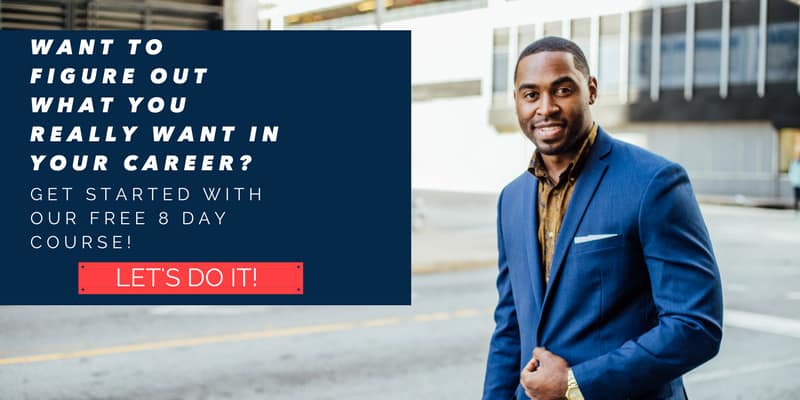Have you ever experienced career burn out?
It seems like now more than ever, we are living in this “burn out culture” where we are working more hours while our productivity has become stagnant.
According to today’s guest, Emilie Aries, many of us are experiencing more career burn out because we are “not prioritizing efficiency for hours in and hours out” and we have begun “operating in a timid workplace environment where our self-worth is intrinsically connected to our product.”
Becoming more intentional in how you spend your time and who you spend it with is key in the maintenance in self-care.
“Happier, healthier people are more focused and more productive.”
When you stop ignoring what is going on outside of you and begin to focus on what your need is as an individual to succeed, that is when all of the good things tend to happen.
When you prioritize your well-being and put yourself first, you are able to create the space and time to explore and follow the threads that interest you. You are then able to invest in your sustainable success.
By getting more intentional about your personal calendar and managing your time, you are taking control of your life and just like a budget, you are able to look back, reflect, reallocate your time and re-calibrate your priorities in any way you see fit for yourself.
In today’s episode, Emilie shares her thoughts on how your personal decisions and choices amount to your collective decisions and choices. She also goes into the core values that helped her transform her career and life from a place of burn out to the much more happy and much more productive place in her career and life that she is at now.
Listen here!
ABOUT EMILIE ARIES
Emilie Aries is the Founder and CEO of Bossed Up, an organization that promotes a program that helps thousands of women step into their own power as the boss of their lives and careers.
After having fought career burnout herself, Emilie made it her mission to share her experience and continue to educate women on how to craft happy, healthy, and sustainable career paths that focus on preventing burnout by providing support to help women navigate pivot points in their careers and lives.
WHAT YOU WILL LEARN
- You’ll learn the 3 core variables to help fight burn out
- We discuss how breaking away from “the norm” and changing your mindset will help you see and value your self-worth
- Why we should all stop chasing those “merit badges” if we want to truly thrive in our careers and prevent burn out
- Investing in yourself and why you should ALWAYS put your oxygen mask on first!
- The power of saying, “No.”
RELEVANT LINKS AND RESOURCES
Check out Emilie’s work at her website: Bossed Up
Follow Bossed Up on Facebook
Connect with Emilie on Linkedin
Follow Emilie’s work on Twitter: @BossedUpOrg
CLICK HERE TO DOWNLOAD THE TRANSCRIPT


Ready for Career Happiness?
What Career Fits You?
Finally figure out what you should be doing for work
Join our 8-day “Mini-Course” to figure it out. It’s free!
Featured Episodes
View all episodes
April 17, 2017
174: Add Value, Grow Your Career with Michael Bigelow
IT’S ONE OF THOSE THINGS THAT THE LIKABILITY AND CONNECTION CERTAINLY DO HELP. BUT IT’S ONE OF THOSE THINGS THAT I REALLY DO FEEL THAT IT’S BOTH WHO YOU KNOW AND HOW YOU’RE CONNECTED TO THEM, AS WELL AS WHAT YOU KNOW. MICHAEL BIGELOW Whether you’re looking to make a lateral job transition to a […]
Listen Now

January 21, 2019
267: 3 Creative and Strategic Ways to Show Your Strengths to Interviewers
Everywhere you look these days, you can find articles sharing why focusing on your strengths is more valuable than improving your weaknesses. Using your signature strengths in your role means you can be energized instead of drained, engaged instead of bored, and successful instead of struggling. When it comes down to it, working in your […]
Listen Now








